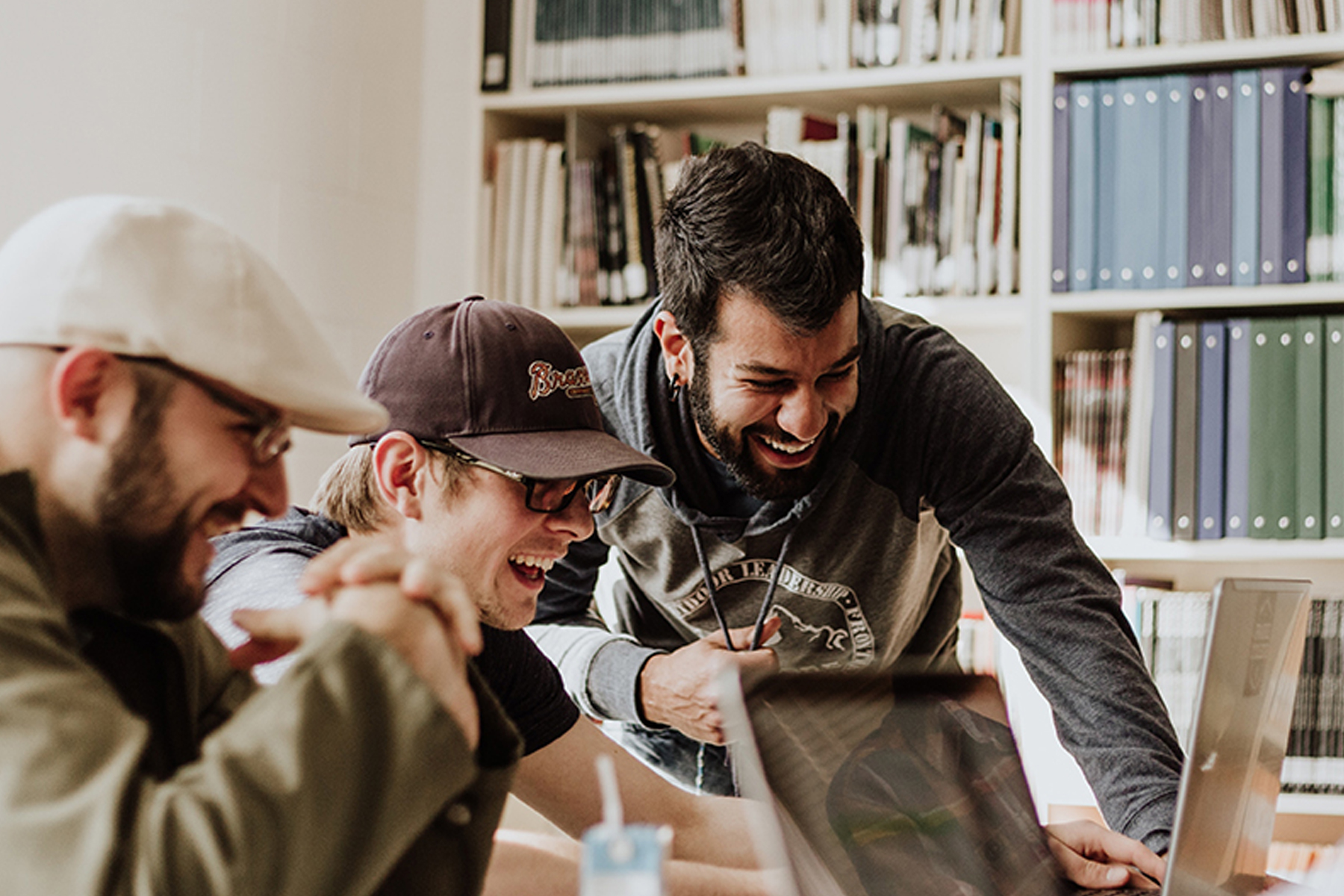For generations, higher education served as the sparkmill for the best ideas. In those hallowed halls, ideas were made better through civil, open discourse. Within the academy, students were not only exposed to new ideas but encouraged to challenge and debate them with each other. That’s when the spirit of the academy was alive, rooted in truth-seeking and discovery.
All too often, students today are not getting exposed to a diversity of thinkers, theories, or frameworks. They’re often presented with one view, idea, or ideology – and it’s presented to them as indisputable. Further, alarming trends have taken root and higher education is facing a crisis from rising authoritarianism, intellectual silos, illiberal activism, and dysfunction. Something must be done.
When the academy abandons its north star, its purpose, the challenges seem insurmountable – but they’re not. Fortunately, the solution lies close at hand: give students access to inspiring ideas and the space to explore them. How do we do that? By empowering teachers still dedicated to truth-seeking and intellectual exploration with the resources they lack.
Masterful teachers are those passionate about ensuring that good ideas still have a place in the creation of a good society. They are professors who encourage students to explore the principles that enable human flourishing to both take root in the classroom and take flight beyond the walls of higher education.
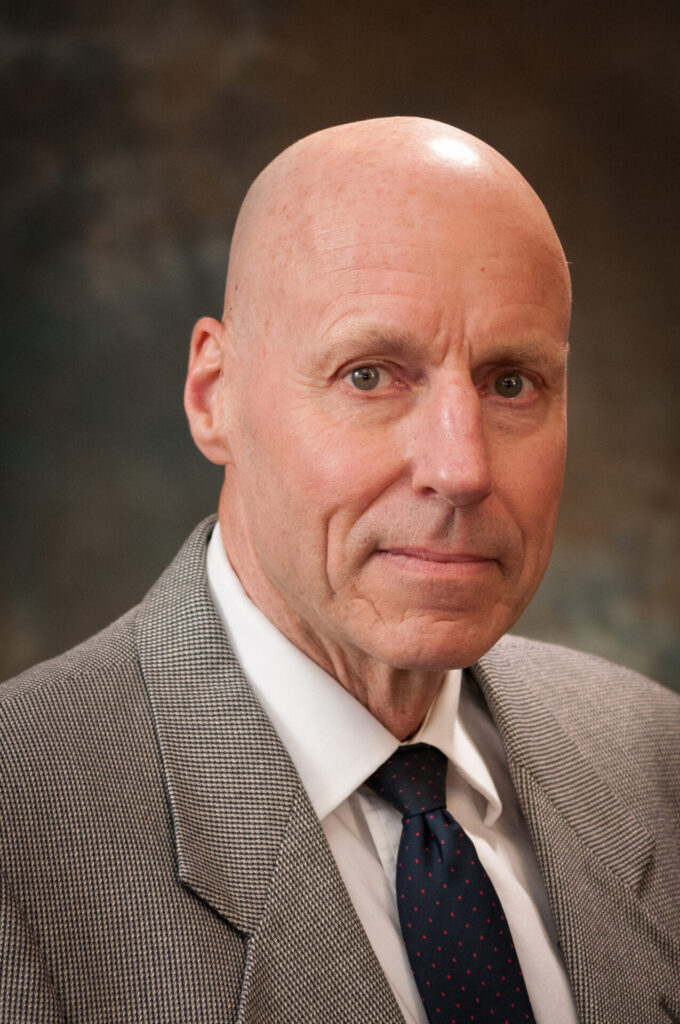
According to a 2023 New York Times article on student motivation, “great teachers, interactive classes, setting their own goals, and having a genuine interest in a subject,” all contribute to students’ motivation to learn.
And it’s a trend that resonates with many IHS faculty partners.
“Engaging in ideas helps them figure out who they are and what they believe,” Stephan Gohmann says of his students. Gohmann, an economics professor at the University of Louisville and long-standing IHS faculty partner, has a proven track record of success when it comes to inspiring his students.
In December of 2023, he was nominated -for the eighth time by students- as a Faculty Favorite for the 22-23 academic year. He also received an Outstanding Service Award, Outstanding Overall Faculty Award, and Outstanding Graduate Teaching Award from his university.
“I actually look forward to Gohmann’s class,” shared one of his students. “He does a fantastic job of allowing students to develop our own ideas while also challenging us to think critically about them.”
Part of Gohmann’s success as a teacher is his commitment to the role of higher education in the fearless pursuit of truth and providing young scholars with an opportunity to connect and grow together.
That same need for student connection has served as a driving force behind Biranne Wolf’s most recent endeavor.
Wolf is an assistant professor of political theory and constitutional democracy in James Madison College at Michigan State University, where she is launching a new undergraduate program this fall with support from an IHS grant.
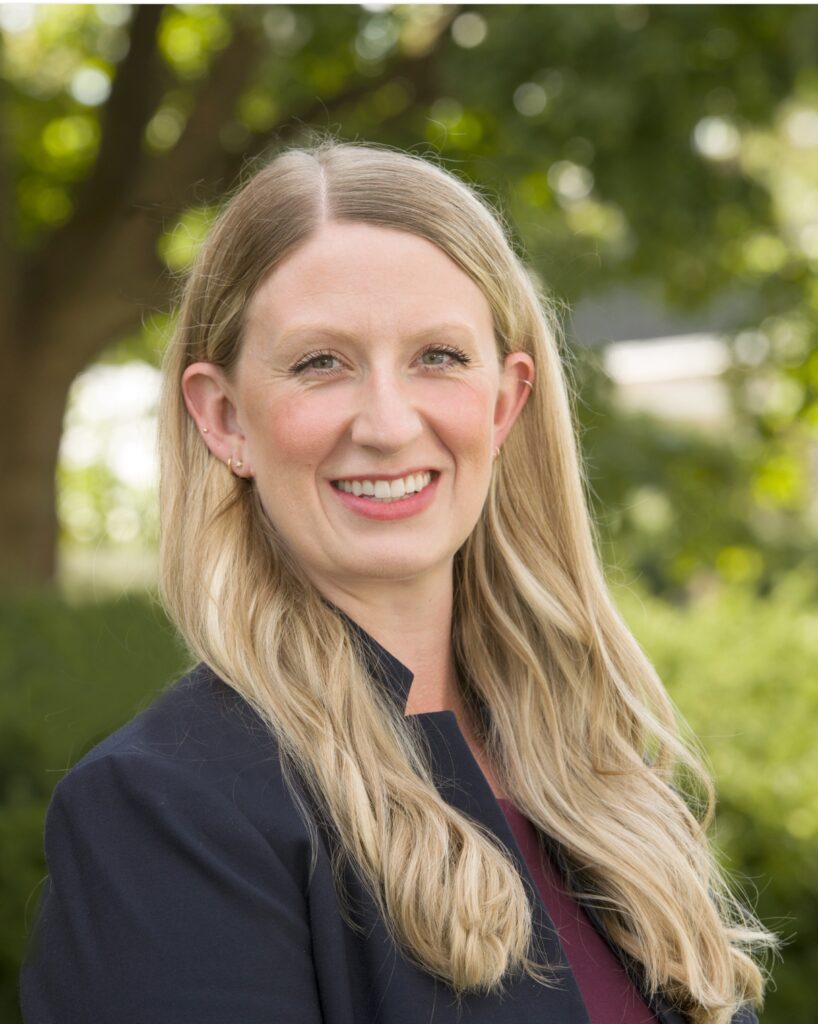
Her goal is to give students the opportunity to engage with the ideas they’re hungry for, by creating a series of extracurricular lectures for students. By bringing together top scholars who are studying classical liberal principles such as free speech, economic freedom, and intellectual humility, Wolf is opening doors to a variety of diverse viewpoints and critical thinking on the ideas of freedom.
“They would be able to engage in discussions in smaller groups with those scholars, with their peers, and with myself and my colleagues,” says Wolf of this inaugural program.
Wolf is optimistic for the program’s success based on previous feedback from her students. “I can always tell if I’ve had a really successful class,” she says. “Students will tell me: ‘We stayed up all night talking about this issue that we covered in class and we just haven’t been able to stop arguing about it.’ That kind of thing would really scream success for me.”
Wolf has already been privy to the impact that ideas rooted in a free society can have on students. Her politics and markets class routinely has a long waitlist of students yearning for a spot, and hungry to explore the ideas of a free society. “Students are really eager to read more and to engage more deeply with the nuances of liberal ideas and different approaches to liberalism,” she shares. “Students come to college driven by a passion to fix pressing public policy issues. They’re excited about what the American [dream] aspires to be, how in history it changed the world, but they also want to solve particular problems that bother them.”
While students’ enthusiasm for exploring ideas centered in liberty is an encouraging counterbalance to the alarming illiberal trends seeping into higher education, faculty are keenly aware of the limited resources and opportunities available to them. Crammed course loads mean limited time to delve deeper into the subject matter, while staffing shortages inadvertently gatekeep their access to classes, forcing many interested students to be turned away. Given these challenges, it’s no surprise the best teachers are getting creative about alternative methods for reaching students.
Peter Calcagno helped launch Adam Smith Week at the College of Charleston with such goals in mind. “Students want an opportunity to explore ideas and know they can talk about their views civilly and honestly,” shares Calcagno, a professor of Economics and the Director for the Center of Public Choice and Market Process at the College of Charleston. “It is important to give them opportunities to explore their ideas while giving them a framework and tools to research and engage in self-expression.”
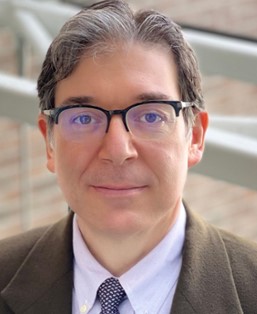
Part of what makes Adam Smith Week so impactful for students is the opportunity for them to engage and form connections with top classical liberal scholars. The speakers, who range from a variety of different disciplines and universities across the country, address students’ questions and help them comprehend overlapping themes between different scholars’ presentations.
Adam Smith Week is supported by a grant from IHS, and Calcagno often partners with prominent IHS-affiliated scholars to further enhance students’ opportunities for connection and network-building, providing them with a built-in community as they advance on their academic and career journeys.
“Hopefully, what we’re doing is. . . exposing them to the importance of a free society, and that they’re going to take that with them out into whatever area they go into; whether that’s academia, whether it’s in the nonprofit sector, or the business world,” says Calcagno on his approach to working with students.
His forward-thinking approach has left a lasting impression on his students, many of whom have held positions as interns for the Center of Public Choice and Market Process and have carried these lessons well into their careers.
“Programming from Dr. Calcagno and the Center was among the most impactful of my college career,” shares Rupert Murno, a former student of Calcagno’s, who now serves as the CFO at the Property and Environment Research Center (PERC), a free market environmentalism center. “From robust discussions on challenging topics to lectures from leading scholars, the Center equips students to think critically, broaden their understanding, and be prepared for their careers and lives. Every student should get involved!”
Inspiring students is the hallmark of a masterful teacher, and given that rising star academics not only make an impact in their field, but their work informs policy decisions beyond the classroom, it’s more crucial than ever before to inspire the next generation with the ideas of freedom, help them connect with a community, and ensure they have the resources they need.
Tony Carilli, an economics professor at Hampden-Sydney College, stresses the significance and impact of students’ research beyond the academic setting. Recently, one of his students has been developing research surrounding the economics of discrimination, the study of economic factors that lead to discrimination against people based on racial prejudice, as it applies to the types of calls umpires make during a baseball game.
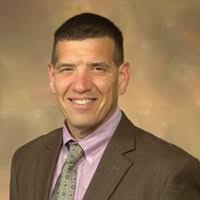
While the research of Carilli’s student in this particular study is focused on baseball, his work paves the way for similar economic principles to be applied in other cases of discrimination and has the potential to serve as a real game-changer for many for equality and human flourishing.
“He’s going on to take the ideas and he’s going on to study at the Mason school at William and Mary,” says Carilli of his student. “He’s studying data analytics based on all of this kind of stuff!”
Carilli recently spoke about his experiences as a teacher and inspiring students at a recent IHS event series, Crucial Conversations, where he emphasized how supporting professors has a direct impact on students, specifically how far-reaching and powerful ideas imparted on them can be. “We push people, not only just in academia but out there in the real world. They’re bringing these ideas out into the world, and these ideas are infectious!”
He went on to share how pivotal the support for his work, and the work of other professors like him, has been in making these types of student-centered connections possible. “That intellectual tradition and the conversations are great. The resources that we get and that IHS makes available… It makes us feel like there’s hope and makes us understand that we’re not alone and we’re not fighting. I couldn’t possibly put in words and express how much the support for us matters, especially at a place like this. And especially at the small liberal arts colleges.”
At IHS, our mission is to build a freer, more humane society grounded in the principles of liberalism, where individuals can live prosperous, peaceful, and productive lives. But masterful teachers such as Stephan Gohmann, Brianne Wolf, Peter Calcagno, and Tony Carilli have indicated, it’s not a mission scholars can achieve entirely on their own. A society where all people have the opportunity to thrive requires a robust community of liberty-centric champions to keep this work going and to ensure that freedom-focused ideas are heard within and beyond our universities.
You can learn more on how to support these scholars, and others like them, and how academic freedom and the pursuit of truth are not just lofty ideals, but values sorely needed where they matter most: in educational institutions. Together, we can ensure that masterful teachers continue to inspire and students have the opportunity to passionately explore and refine their good ideas for the good of all.
